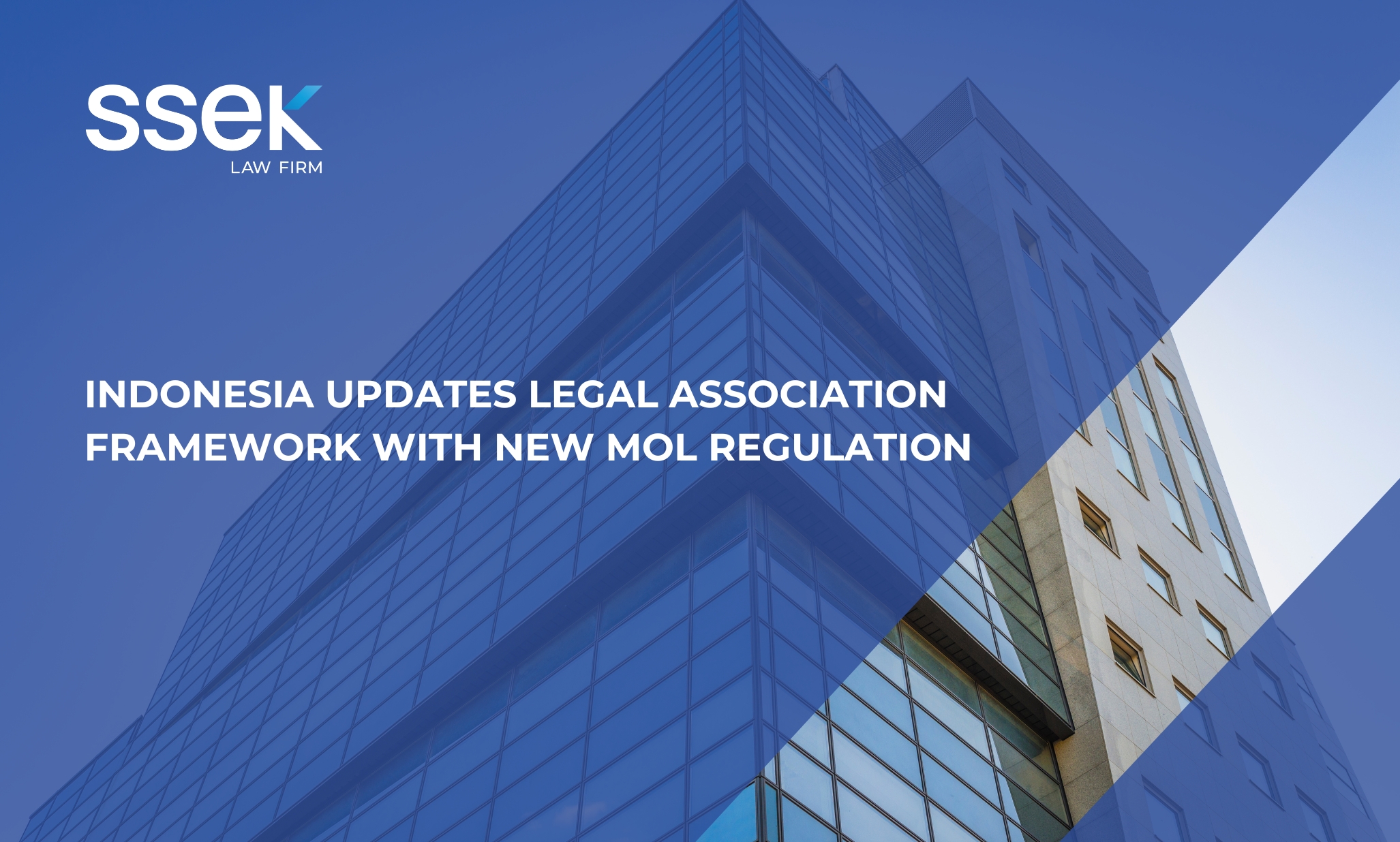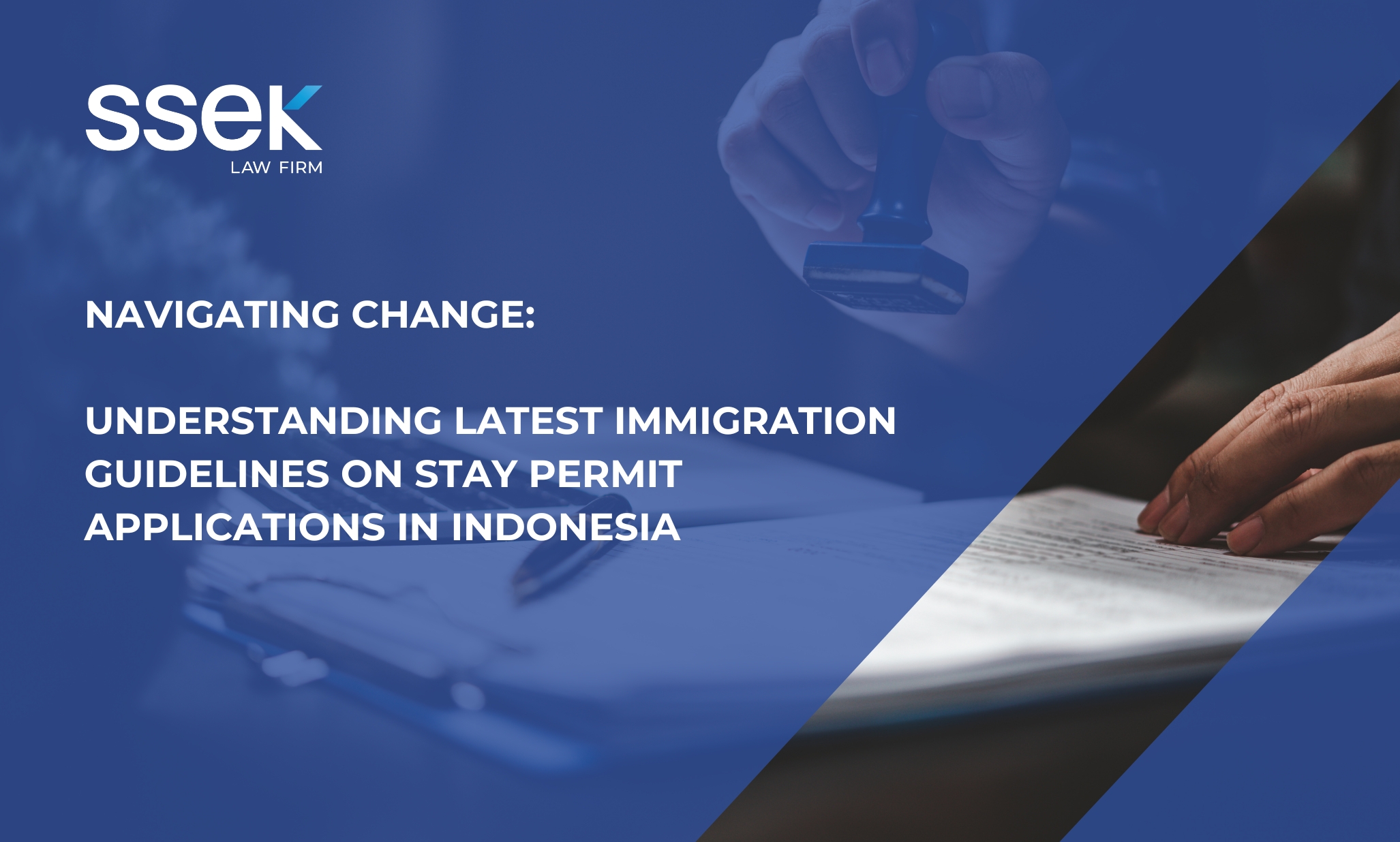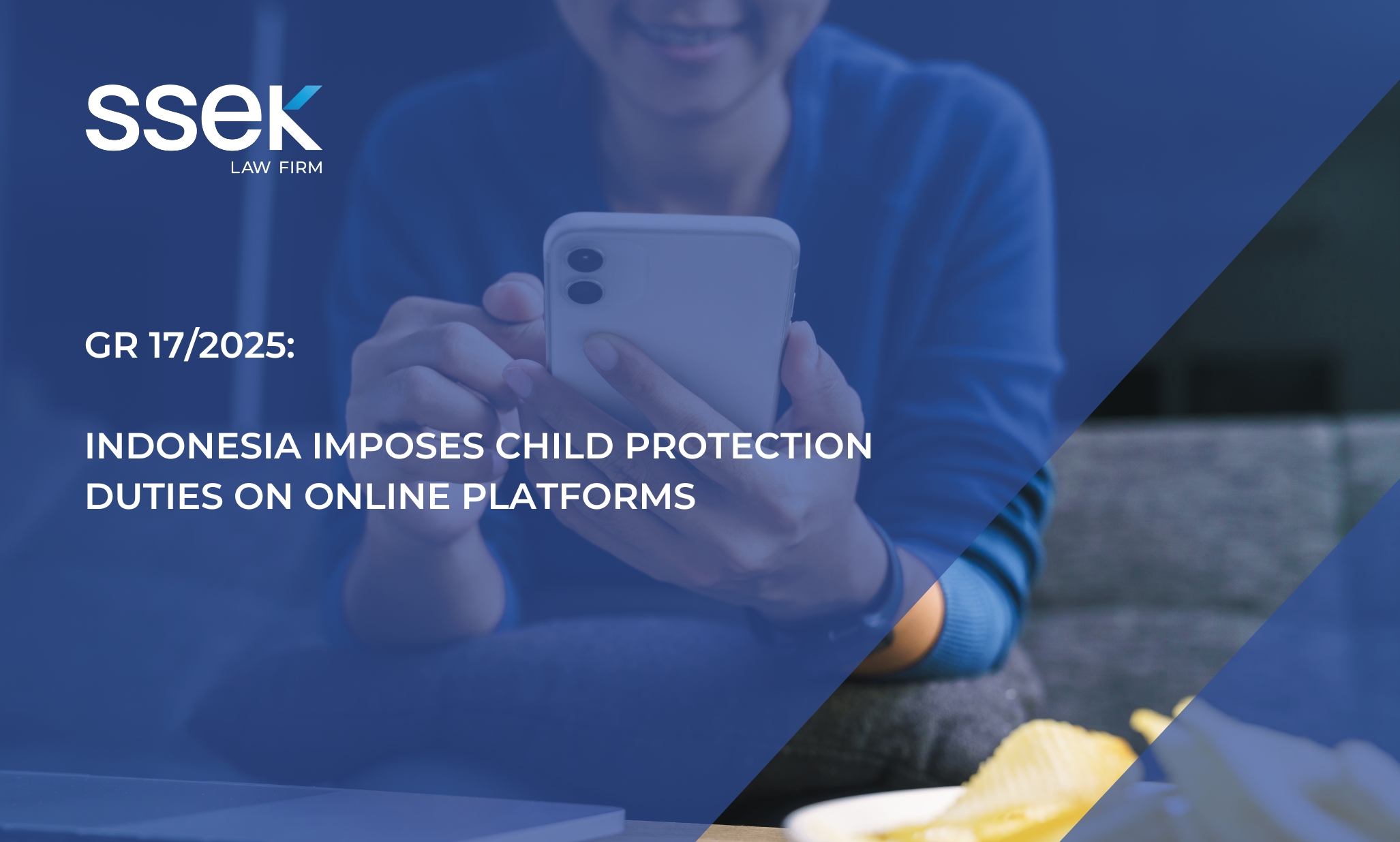

This is the seventh and final post in our 2014 Legal Guide to Oil Regulation. Fitriana Mahiddin and Syahdan Z. Aziz will address a new topic each week. Taxation The taxes applicable to upstream and downstream oil activities in Indonesia include income taxes, VAT, import duties and tariffs, regional taxes and other levies. Please note that the tax obligations of a contractor may be stabilized. The Minister of Finance, through the Director General of Taxation, exercises governmental authority in respect of taxation. Commodity Price Controls The crude oil price is determined periodically by the Minister of Energy and Mineral Resources (MEMR) in consultation with the Minister of Finance. In addition, there is an obligation that 25 percent of a contractor's portion of extracted oil must be provided to the government to fulfill its domestic market obligation (DMO). For such fulfilment of its DMO, the contractor receives a DMO fee in the amount stipulated by the MEMR for 60 consecutive months from the commencement of commercial production. With regard to fuel oil trading, the MEMR has the authority to stipulate a certain distribution area for the sale of specified fuel oil and stipulate a retail price for certain types of fuel oil. Noncompliance with the determined price constitutes a violation of the trading business license, which entails administrative sanctions up to the revocation of business license. Competition, Trade and Merger Control Anti-monopoly practices are governed under Law No. 5 of 1999 regarding Prohibition of Monopolistic Practices and Unfair Business Competition (the Anti-Monopoly Law). The Commission for the Supervision of Business Competition (KPPU) is responsible for implementing the Anti-Monopoly Law. Should the KPPU deem certain agreements, conducts or positions in the relevant market (including the oil market) in violation of the Anti-Monopoly Law, it may lawfully issue decisions and sanctions. A government determination that a proposed action does not violate anti-competitive standards is done only for mergers, consolidations or acquisitions, and is procured by way of consultation with the KPPU, either verbally or in writing. Written consultation takes place upon submission of a consultation form and required documents. Upon the KPPU's assessment of the foregoing form and documents, the KPPU shall provide advice, guidance or a written opinion regarding the planned merger, consolidation or acquisition to the concerned business actors within 90 days of the submission of the form and required documents. This assessment does not constitute the KPPU’s approval or rejection of the planned restructuring scheme and does not preclude the KPPU from performing an assessment of the merger, consolidation or acquisition after the same is effected. International As a matter of international law, international treaties and other multinational agreements are binding upon the state upon ratification. Ratification of such international instruments is normally done by way of a presidential regulation, which will be further implemented by a ministerial regulation. All regulations and decrees issued afterward must not deviate from the provisions of the international treaty or the national regulation enacted in light thereof. Therefore, once an international treaty is binding upon the government, regulatory policy or activity shall develop in accordance with the international treaty. Among others, Indonesia is party to UNCLOS, the 1987 Montreal Protocol and the International Convention on Civil Liability for Oil Pollution Damage and the protocols and amendments thereof. Additionally, tax treaties and bilateral investment treaties may be relevant, although the government recently announced that Indonesia will be withdrawing from all bilateral investment treaties to which it is a party. Update and Trends At present, the House of Representatives is discussing a new oil and gas law, pursuant to recent developments in the oil and gas industry in Indonesia, namely, the Decision of the Constitutional Court No. 36/PUU-X/2012, which disbanded the Implementing Body for Upstream Oil and Gas Business Activities (BPMigas). Given that, in disbanding BPMigas, the Constitutional Court criticized the legal framework for oil and gas business activities contained in the current Oil and Gas Law as not aligning with the Constitution, the new oil and gas law is anticipated to extensively reform the oil and gas legal regime. In late April 2014, the President issued Presidential Regulation No. 39 of 2014, which lists restrictions and certain requirements for businesses that can be carried out by foreign investors. This Presidential Regulation sets new limitations on foreign share ownership for various businesses, including in the oil and gas downstream and services sectors. Reproduced with permission from Law Business Research Ltd. This article was first published in Getting the Deal Through – Oil Regulation 2014. For further information, please visit www.GettingTheDealThrough.com. This article is intended for informational purposes only and does not constitute legal advice. This article should not be acted upon in any specific situation without appropriate legal advice.









